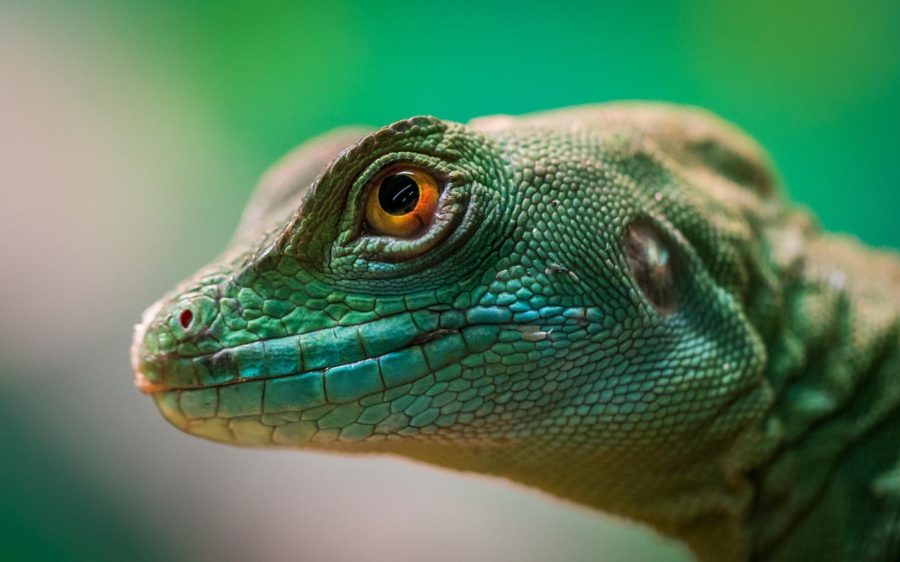Exotic Animal Bills Progressing but Still Stuck in Congress
September 10, 2022
Two bills are currently being processed through the United States Congress, one unmoving and one legalized.
In late 2021, the United States House of Representatives was presented with the “Traveling Exotic Animal and Public Safety Protection Act of 2021” (HR5999). Later, in early 2022, the House was also presented with and passed onto the Senate the “COMPETES Act of 2022” (HR4521).
HR5999 is a bill that would heavily regulate the transportation of non-domestic canines, non-domestic felines, crocodiles, tortoises, monitor lizards and more that are being transported for “performance purposes.” Due to the vague wording of the bill, this would allegedly mean that any animal programs (including sanctuaries, educational animal outreach programs and animal owners reaching out to schools) who wish to transport animals for education purposes that entertain children would be legally prohibited from doing so.
HR4521 is a bill that was placed last second into the COMPETES Act before it was approved by the House. The bill would modify the existing Lacey Act and change the black list to a federal white list, actively stopping any movement of animals not present on the list across state lines for any reason. The act of moving, buying/selling, temporary veterinary care, and educational programs from both individual owners and large organizations of common exotic pets and their eggs/offspring would be a federal crime with a penalty ranging from $10,000 to $20,000 plus five years of prison.
According to Congress.gov, HR5999, aka the Traveling Animal Act, has yet to move since its introduction to the House on November 17, 2021. It was immediately referred to the House Committee on Agriculture, but there have been no updates since.
In contrast, HR4521 has had lots of activity since it passed the House. On February 14, 2022, the bill was merged with the U.S. Innovation and Competition Act (S1260). A month later, the bill was updated and swapped for the Senate’s version, which did not contain the changes to the Lacey Act, and sent back to the House.
Between March and April of 2022, the COMPETES Act was renamed to the “Bipartisan Innovation Act,” then later to the “CHIPS-Plus” bill. The goal of the new bill was to focus on tech research and chip manufacturing in the United States. Due to the irrelevant nature of the Lacey Act changes, they were excluded from the final language of the bill.
The CHIPS-Plus bill has since then passed through the Senate as well as the House, with the old Lacey Act amendments staying intact. As of now, it will remain a blacklist.
If you’re interested in learning more details about HR5999, you can read about it here. For more information about the original HR4521, click here.



Vanessa Gagne • Sep 15, 2022 at 9:11 am
As an animal welfare legislative consultant, I think you did a great job summarizing these bills and their unintended consequences. Keep up the good work!